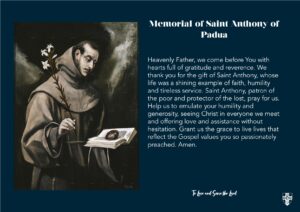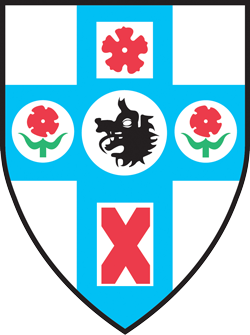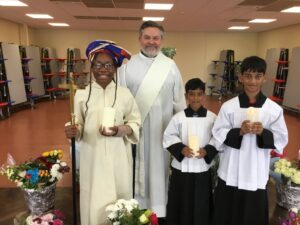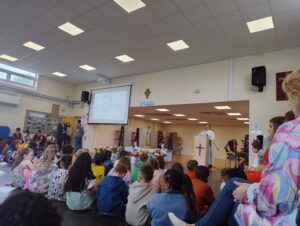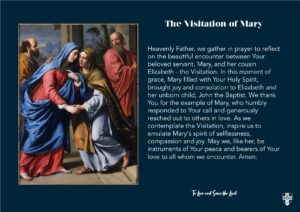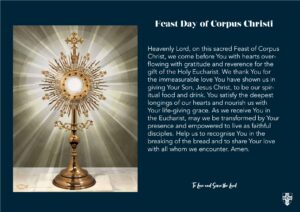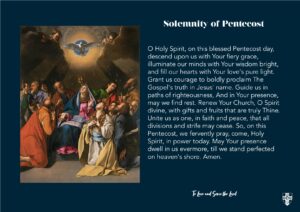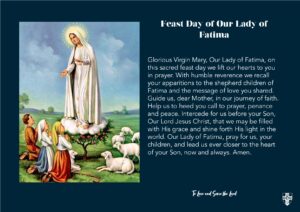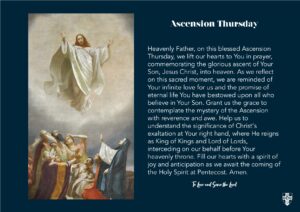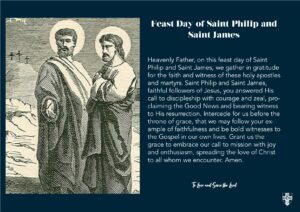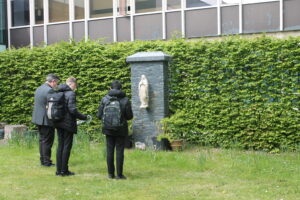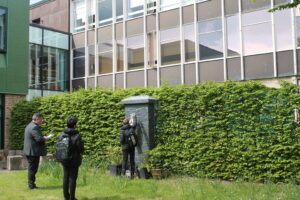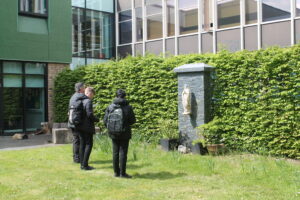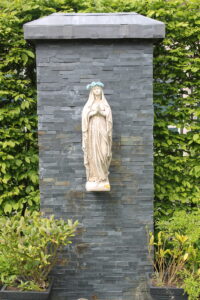On this day Catholics around the world celebrate the memorial of Saint Anthony of Padua, one of the most beloved saints in the Church. Known as the “Hammer of Heretics” and the “Wonder-Worker”, Saint Anthony’s life and legacy offer rich spiritual insights and intercessory power. This memorial provides a moment to reflect on his contributions to our faith and to seek his guidance in our own lives.
Saint Anthony was born Fernando Martins in Lisbon, Portugal, in 1195. From a young age, he was drawn to religious life, joining the Augustinian Order at 15. However, inspired by the martyrdom of Franciscan missionaries, he later transferred to the Franciscans, taking the name Anthony.
Anthony’s profound knowledge of Scripture and theology, combined with his gift for preaching, quickly gained his recognition. He travelled extensively, preaching the Gospel with fervour and clarity, often converting heretics and bringing lapsed Catholics back to the faith. His sermons were so powerful that even fish were said to gather to listen when people refused.
Saint Anthony is perhaps best known for helping people find lost items. This reputation comes from an incident where a novice stole his psalter. Anthony prayed for its return, and the novice, driven by a terrifying vision, brought it back. This association has made Saint Anthony the patron saint of lost things and missing persons.
Spiritual Lessons from Saint Anthony:
- Deepening Our Knowledge of Scripture: Saint Anthony’s expertise in Scripture is a call for us to immerse ourselves in the Word of God. Regular reading and meditation on the Bible help us to grow in our faith and understanding, equipping us to share the Gospel with others.
- Commitment to Preaching and Evangelisation: Anthony’s life reminds us of the importance of evangelisation. Whether through formal preaching or daily interactions, we are called to witness to Christ’s love and truth. Saint Anthony’s courage in confronting heresy and his compassion for those he sought to convert inspire us to approach our evangelisation efforts with both boldness and kindness.
- Trust in Divine Providence: The countless miracles attributed to Saint Anthony remind us of God’s power and providence. When we face challenges or feel that something is lost, whether materially or spiritually, turning to Saint Anthony in prayer can bring comfort and hope. His intercession encourages us to trust that God cares for all aspects of our lives.
- Humility and Service: Despite his fame and talents, Saint Anthony remained humble, dedicated to serving the poor and marginalised. His life challenges us to emulate his humility, recognising that our gifts and successes are meant for the service of others and the glory of God.
Saint Anthony of Padua remains a powerful intercessor and exemplary model of faith, humility and service. As we celebrate his memorial, let us draw inspiration from his life, deepen our commitment to Scripture and evangelisation, and trust in his heavenly assistance.
Saint Anthony – pray for us
